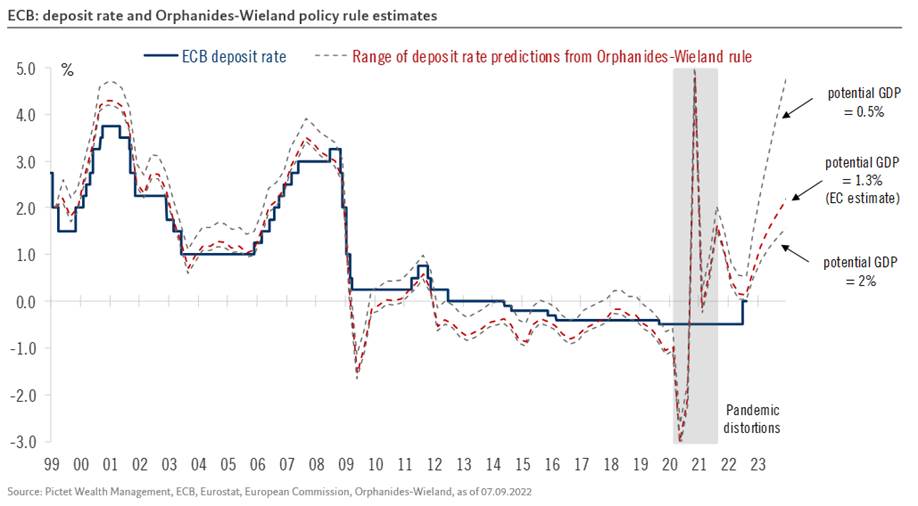
US CPI OER at 6.3% YoY and CPI rents at 6.7% YoY, highest in 36 years. Question is whether the usual lags still apply. 

• • •
Missing some Tweet in this thread? You can try to
force a refresh









